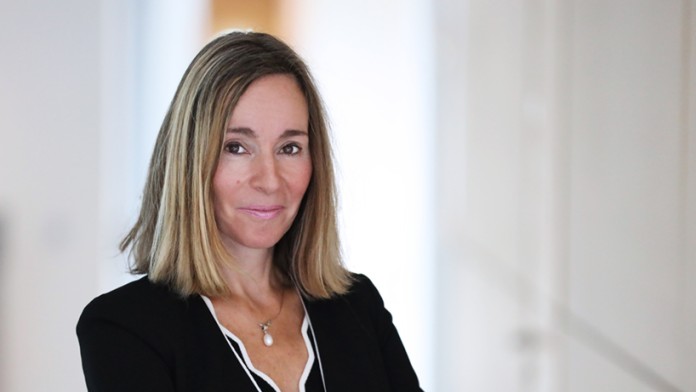Press Release from 2019-10-30 / Group, Sustainability, KfW Development Bank
Sustainable fishing, the circular economy and biodiversity conservation: KfW supports the Sustainable Ocean Fund
- Contribution to global food security
- Coastal protection as a business model: mobilising private capital through small and medium-sized businesses
- Less plastic waste in the oceans
Today, on behalf of the German Federal Ministry for Economic Cooperation and Development (BMZ), KfW signed a fiduciary holding in the Sustainable Ocean Fund (SOF) amounting to EUR 25 million for the Caribbean. The fund invests in small and medium-sized businesses that operate sustainable fisheries, are committed to preserving marine and coastal ecosystems, and recycle waste in order to reduce plastic pollution in the oceans, as part of a circular economy.
The effects of climate change, environmental pollution, and largely unsustainable exploitation of the oceans is leading to a loss of biodiversity in the Caribbean. These factors and heavy overfishing make the lives of local people more difficult because income from fishing is decreasing. Dwindling fish stocks also present a problem for the increasing global demand for fish and seafood. So it is necessary to curtail overfishing in the oceans and ensure global food security with more efficient fishing methods. On the other hand, improved management and monitoring of coastal and marine conservation areas helps to reduce the influx of waste from these areas into the oceans, while also protecting mangrove forests, which serve to store significant amounts of CO2. The local population is seeing new prospects for income generated by certified fishing, sustainable tourism and other areas of the 'blue economy' as a result of the measures promoted by the SOF.
“KfW supports what is known as the 'blue economy' approach, which mobilises private capital to conserve the Earth's ecosystems and simultaneously creates jobs through the use of innovative financial instruments like the Sustainable Ocean Fund. As a result, species and coastal area conservation is turning into an interesting business model for many small and medium-sized private companies”, said Prof. Dr Joachim Nagel, member of KfW Group's Executive Board.
Due to its participation in the Sustainable Ocean Fund, KfW acts as what is known as an anchor investor, mobilising additional co-investors in the fund, which strives to achieve a total volume of up to USD 150 million (investor commitments to date currently amount to USD 50 million). The Fund intends to primarily invest in small and medium-sized businesses in the Caribbean (40%) but also in Africa (30%) as well as Asia and the Pacific Rim countries (30%). The BMZ funds are specifically intended for investments in the Caribbean.
The projects are part of the Clean Ocean Initiative created in 2018 by KfW Development Bank, the European Investment Bank (EIB) and Agence Française de Développement (AFD). Their goal is to reduce the pollution of the world's oceans due to waste – especially plastic waste – by 2023.
Further information about KfW Development Bank can be found at: www.kfw-entwicklungsbank.de/International-financing/KfW-Entwicklungsbank/
Find out more about the Clean Oceans Initiative at: https://www.kfw.de/stories/dossier-plastic-waste-en.html


Share page
To share the content of this page with your network, click on one of the icons below.
Note on data protection: When you share content, your personal data is transferred to the selected network.
Data protection
Alternatively, you can also copy the short link: kfw.de/s/enkBbm2w.CGDA
Copy link Link copied